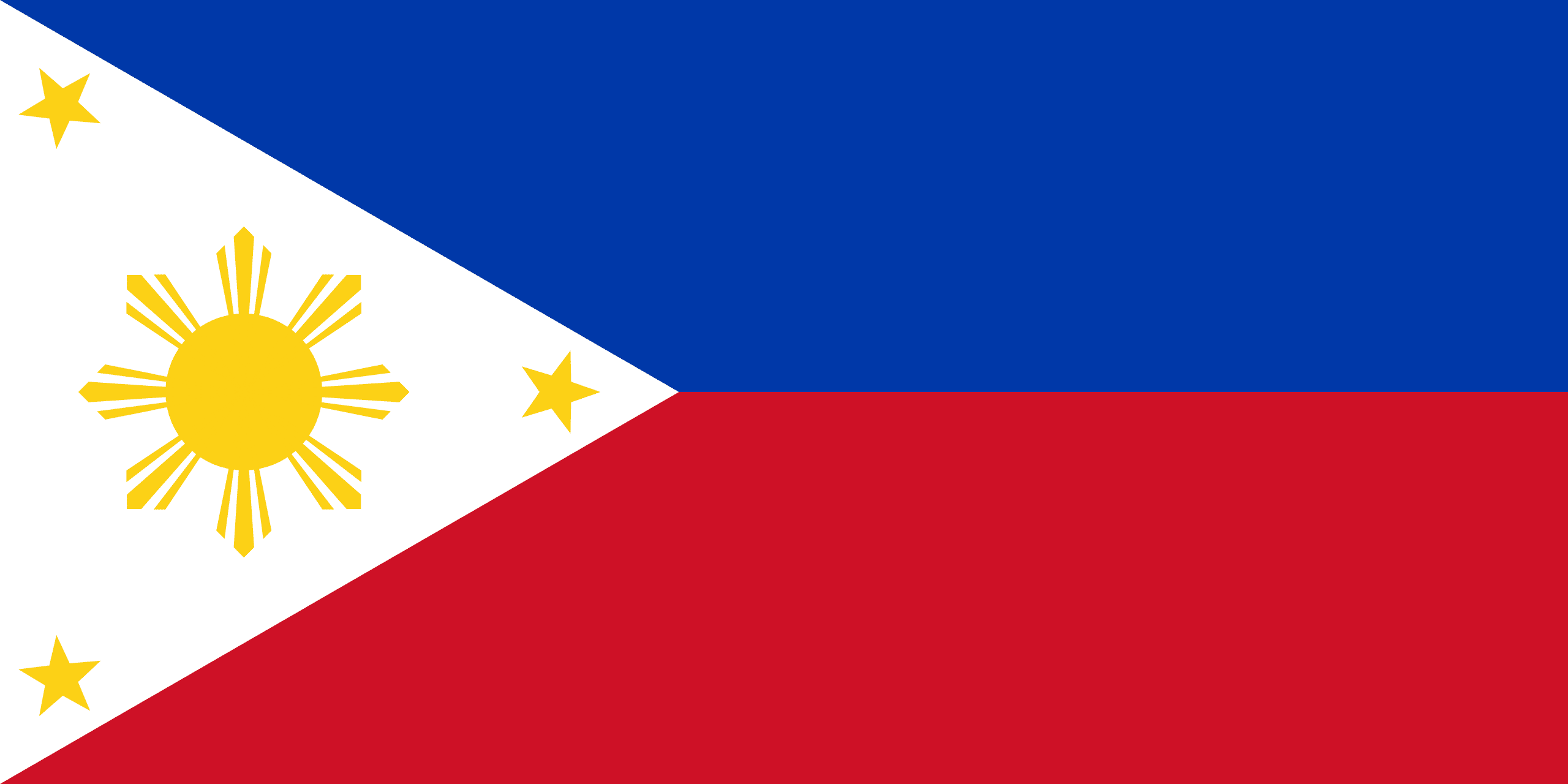
Philippines Residential Proxies in our proxy pool amount to 223 170 units.
You can improve your online performance using our Philippines Residential Proxy Network.
Philippines Residential Proxies are an asset in your browsing experience. You should be familiar with some statistics and information about the country to make the most of them.
With a population of over 100 million, the Philippines is the second most populous country in Southeast Asia. With more than 13 million residents, Manila, the nation’s capital, is among the world’s biggest and most densely populated cities.
The Philippines’ economy is dynamic and diverse, with a projected GDP of $376.8 billion in 2020. The Philippine peso (PHP), split into 100 centavos, is the unit of currency used in the nation.
Despite the availability of several payment options, consumers in the Philippines still favor cash, which will account for 94% of transactions in 2021. However, the COVID-19 pandemic has caused many Filipinos to switch to online shopping and mobile wallets, which has led to a rapid growth in digital payments. In the Philippines, bank transfers, QR codes, e-wallets, and debit cards are the most widely used digital payment options.
With 77.8% of the population having internet access in 2020, the Philippines has a high internet penetration rate. This corresponds to 83 million people who use the internet and log on for 10 hours daily. The nation has an average internet speed of 25.07 Mbps and roughly 18 million unique IP addresses.
With a 67% social media penetration rate in 2020, social media is viral in the Philippines. Approximately 73 million people in the nation use social media and log on for four hours a day on average. The most widely used social media networks in the Philippines are Facebook, YouTube, Instagram, Messenger, and TikTok.
The Philippines’ e-commerce market will reach $12 billion by 2025, from $7 billion in 2020. In 2020, the nation’s digital buyer penetration rate was 47.8%, indicating that nearly 50% of the populace made purchases online. The most well-known online retailers in the Philippines are Foodpanda, Zalora, Shopee, and Lazada. E-wallets are the most popular payment option for online purchases in the Philippines, trailed by bank transfers, debit cards, and cash on delivery.
Philippines residential proxies are proxy servers using real IP addresses provided by internet service providers (ISPs). Residential proxies are more reliable and secure than others because websites are less likely to detect or block them. They mimic the behavior of a real Internet user and make it appear that you are acting from a different location.
When in the Philippines, there are several reasons why you should use residential proxies from other countries or the Philippines. The Philippines’ internet freedom score, as reported by Freedom House, is 61 out of 100, indicating that it is only partially accessible. The nation is subject to several online restrictions, including laws, cyberattacks, censorship, and surveillance. A few websites that are prohibited include BBC iPlayer, Xvideos, Reddit, Pornhub, and Netflix US library.
As an additional example, you can view Filipino films or TV series only available from the Philippines on streaming services like GMA Network and iWantTFC. Additionally, you have access to social media and local news websites, which may differ based on where you are in terms of features or content.
Using residential proxies in the Philippines can bring you many benefits:
We suggest Quick Proxy if you’re searching for a trustworthy and reasonably priced Philippines and Manila residential proxies. Superior residential proxies with fast speeds and round-the-clock support are available. Go to our website to find out more and get going right now.
Quick Proxy enables customers access to millions of rotating residential and mobile proxies from over 150 countries across the world.
Copyright 2023, QuickProxy.io All Rights Reserved. | Privacy Policy | Terms & Conditions